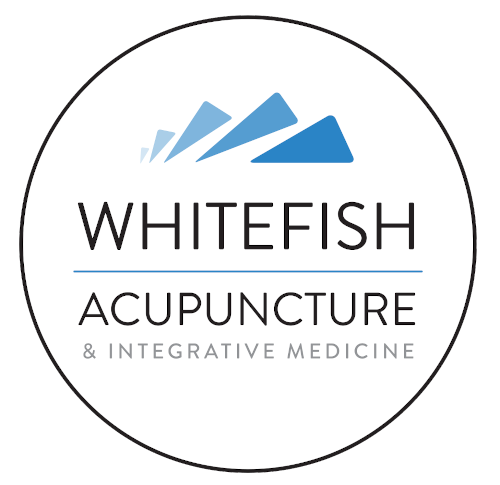What is Frequency Specific Microcurrent? AKA FSM BioTherapy?
FSM uses micro-amperage current and the resonance effect of frequencies on tissue and conditions to reduce symptoms and improve health.
What Are the Benefits of FSM?
FSM encourages natural healing of the body, reduces pain and inflammation, and repairs tissue by potentially increasing the production of cellular energy (ATP) by up to 500%. It does this by using the body’s own electrical system to influence the mitochondria in targeted tissues to produce more energy so cells can do more work.
What Does FSM Treat?
FSM is especially good at reducing inflammation, treating nerve, joint and muscle pain and dissolving or softening scar tissue. The frequencies to reduce inflammation have helped thousands of patients with inflammatory conditions such as asthma, liver problems, irritable bowel, cardiovascular disease and diabetic neuropathies.
FSM is most often used to treat nerve and muscle pain, inflammation and scar tissue as well as the following conditions:
Acute (sudden) and chronic musculoskeletal injuries
Acute and chronic neuropathic (nerve) pain
Asthma
Arthritis
Burns
Chronic fracture and bone pain
Concussions
Disc injuries
Discogenic and facet-based pain
Fibromyalgia
Headaches
Irritable bowel syndrome
Kidney stone pain
Low back and neck pain
Neuromas (overgrowth and scarring to a nerve after an injury)
Plantar fasciitis (pain in the heel and foot)
Shingles
Sports injuries
Tendinopathy (inflammation and/or swelling of the tendon
Does it Not Work On Anyone?
Patients who are dehydrated cannot benefit from FSM. Every patient is advised to drink at least one quart of water in the two hours preceding treatment. Patients who are chronically dehydrated may need more water for treatment to be effective.
What is Treatment Like?
A trained caregiver sets the frequencies to be used for a particular condition, applying the current with TENS pads. The currents used in FSM are so low that the patient often does not feel them. Patients may notice warming or softening of the affected tissue, but it is non-invasive and painless.

